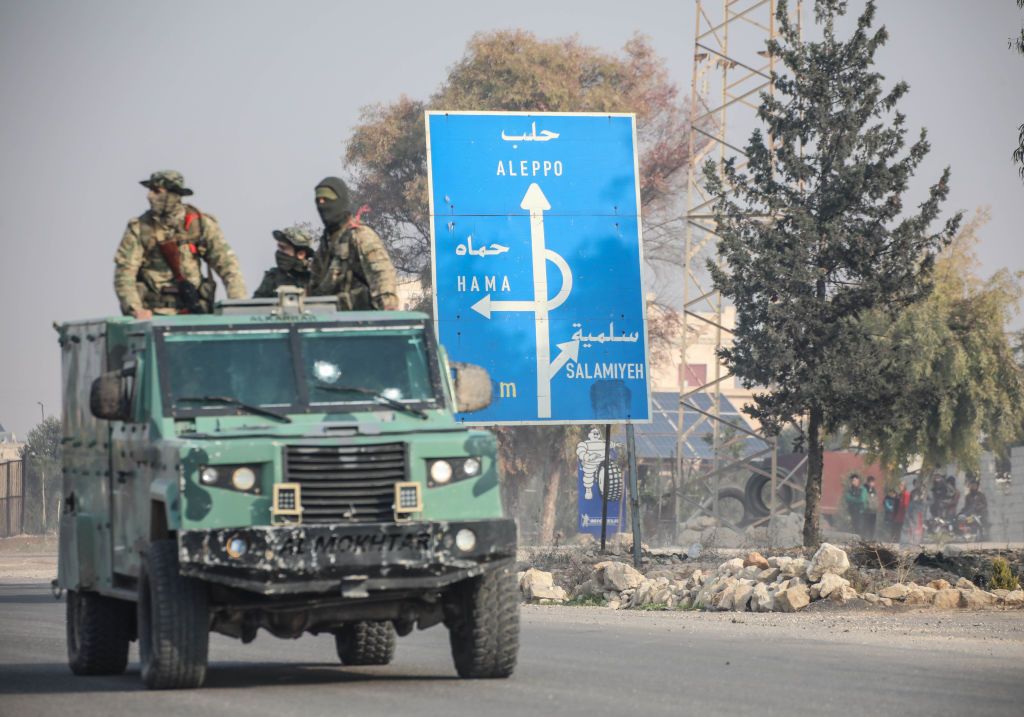Syrian rebels announce fall of Russia-backed Assad regime

Syrian rebels announced on Dec. 8 that they had ousted President Bashar al-Assad from the capital city of Damascus.
"The tyrant Bashar al-Assad has fled. We declare the city of Damascus free from the tyrant Bashar al-Assad," rebel leaders said in a statement.
Eyewitnesses told Reuters that thousands of Damascus residents had gathered in the city center, chanting "Freedom."
"(W)e declare today, December 8, 2024, the end of that dark era and the start of a new era for Syria," the rebels said in a statement.
The Syrian military command told officers that Assad's 24-year rule had ended, according to an officer who spoke to Reuters.
Rebel forces reportedly entered Damascus in the early hours of Dec. 8, taking over the state TV and radio headquarters to broadcast the end of Assad's regime. Two senior army officials told Reuters that Assad had fled Damascus via plane, bound for an unknown destination.
Syrian Prime Minister Mohammad Ghazi al-Jalali said in a video statement on Dec. 8 that the government was ready to cooperate with new leadership.
"We are ready to cooperate with any leadership the people choose, offering all possible support to ensure a smooth and systematic transition of government functions, preserving state facilities," he said.
U.S. President Joe Biden is "closely monitoring" the situation, National Security Council Spokesperson Sean Savett said on X.
"President Biden and his team are closely monitoring the extraordinary events in Syria and staying in constant touch with regional partners," he wrote.
A coalition of anti-government forces launched a surprise offensive in late November, after nearly a decade of frozen conflict. Rebel groups seized major cities across the country, including Aleppo, Hama, and Homs, before sweeping into Damascus.
Russia has been a primary backer of the Assad regime for years. Military aid from Moscow played a key role in Assad's ability to push back opposition forces in 2016. Human rights groups have documented numerous war crimes committed by Russian forces in Syria.
The speed of the rebel advance may be related to diminishing Russian aid, as Russia focuses on its ongoing invasion of Ukraine.
The fall of Assad represents a major blow to Russian influence in the Middle East.












